Quick Summary:
In today’s fast-evolving digital world, businesses are perpetually on the lookout for avenues to enhance their software capabilities effectively. Offshore development partners have emerged as a strategic solution, providing businesses with the necessary technological edge. Selecting the right partner is a critical decision, impacting the trajectory of a project or even an entire business. This blog delves into how you can make an informed choice.
Understanding Offshore Development Partners
What is an Offshore Development Partner?
An offshore development partner is a third-party entity located outside of your country that provides software development services. Engaging with such partners allows businesses to leverage expertise from different parts of the world. Their role primarily revolves around the development, maintenance, and management of software applications. These partners have become indispensable in the modern software ecosystem due to their ability to deliver high-quality solutions at a reduced cost.
Offshore development partners facilitate businesses in various ways, offering a plethora of services, including offshore software development and offshore web development. By collaborating with these partners, companies can access a global pool of talent, ensuring the availability of diverse skill sets and innovative solutions.
Benefits of Choosing an Offshore Partner
Selecting the right offshore development partner brings a myriad of benefits. Primarily, businesses can access cost-effective solutions due to differential wage structures in various countries, which significantly lowers the overall development cost.
Another major advantage is global talent access. By partnering with an offshore development center, businesses can tap into a vast talent pool equipped with varied expertise and experiences. This diversity enhances creativity and innovation, contributing significantly to the project’s success.
Furthermore, offshore partners offer scalability. Businesses can scale their projects either up or down, depending on requirements. This flexibility ensures that companies can swiftly adapt to market changes without the burden of hiring or laying off staff.
An additional benefit is the reduced administrative burden. With the outsourcing of development activities to an offshore software development company, businesses can focus on their core competencies and leave the software intricacies to seasoned professionals, ensuring efficient project completion.
Key Factors to Consider When Choosing the Right Offshore Development Partner
1. Define Your Project Needs and Objectives
Before embarking on the quest to find an offshore development services provider, it’s crucial to define your project needs and objectives. Clearly outline the scope, requirements, budget, goals, and timelines. This detailed roadmap acts as a guide in selecting the appropriate partner who can meet your specific needs. Misalignment in project objectives can lead to undesired results, increased costs, and prolonged timelines.
2. Research and Shortlist Potential Partners
Once you’ve established your needs, it’s time to research and shortlist potential partners. Start by conducting thorough online research, focusing on companies with a track record of success in relevant domains. Evaluate client testimonials and reviews to gain insights into their performance and reliability.
Additionally, review portfolios to assess the quality of their previous work. Businesses should shortlist companies with relevant expertise and experience in offshore development services and offshore web development. A methodical approach aids in identifying potential partners who align with your project requirements.
3. Assess Technical Expertise and Domain Knowledge
Assessing the technical expertise and domain knowledge of prospective partners is paramount. Evaluate their technology stack, certifications, and ability to manage complex projects. A partner with extensive experience in offshore software development will be adept at anticipating challenges and devising solutions swiftly.
Ensure that their expertise aligns with your project’s specific technologies and industry needs. Credibility can be further established by validating the partner’s capacity to offer innovative solutions tailored to your requirements.
4. Evaluate Communication and Collaboration Skills
Effective communication is the backbone of successful collaboration, especially when dealing with offshore partners. Evaluate their communication skills and the project management systems they utilize. It’s vital to overcome any potential timezone or language barriers.
A reliable offshore development center will employ robust communication platforms, ensuring seamless interactions and updates. Regular feedback and transparency throughout the collaboration process foster a harmonious working relationship, minimizing disruptions and maintaining project momentum.
5. Consider Company Culture and Values
Understanding the company culture and values of an offshore partner is integral to ensuring a productive relationship. Alignment in work ethics, transparency, and cultural sensitivity ensures a smooth workflow despite geographical differences.
Select a partner who shares your business ethos and can seamlessly integrate with your team’s culture. Such alignment contributes to a successful collaboration, enhancing overall productivity and project success.
6. Analyze the Cost and Pricing Structure
When selecting an offshore development partner, it’s crucial to analyze the cost and pricing structure. Rather than just focusing on reducing costs, businesses should aim for cost-effectiveness and value for money. Compare different pricing models and payment terms to ensure alignment with your budget and financial goals.
A thorough evaluation helps prevent any unexpected financial obligations, ensuring a transparent and mutually beneficial agreement. By focusing on the overall value over immediate cost savings, businesses can achieve satisfactory returns on their investment.
7. Ensure Data Security and Legal Compliance
In this digital age,data security and legal compliance are imperative. It’s essential to check whether the offshore partner has robust intellectual property protection, cybersecurity measures, and adherence to industry and legal compliance standards.
Implementing NDAs (Non-Disclosure Agreements) ensures confidentiality and protection of sensitive information. Prioritizing partners with comprehensive data security protocols safeguards your business interests and establishes a foundation for a trusted partnership.
8. Check References and Conduct a Pilot Project
To verify the reliability, always check references and consider starting with a pilot project. Engaging past clients will provide a clearer picture of the partner’s strengths and areas of improvement.
A pilot project helps assess compatibility, providing first-hand experience of the partner’s working style and technical capabilities. Upon successful completion, an informed decision can be made for a longer-term collaboration.
Questions to Ask an Offshore Development Partner Before Making a Decision
Selecting the right offshore development partner necessitates a thorough evaluation process. Here are some pertinent questions to ask:
How do they identify and address your needs?
- A competent partner should begin by deeply understanding your business objectives, project scope, and specific requirements. They should provide a detailed analysis and propose tailored solutions that align with your goals. This proactive approach ensures your needs are accurately addressed and sets the foundation for a successful collaboration.
What is their approach to project management and communication?
- Effective project management involves clear processes for planning, execution, and tracking. Ask about the methodologies they use, such as Agile or Waterfall, and their tools for real-time communication. Regular updates, transparent reporting, and accessible communication channels are essential for fostering trust and seamless teamwork.
What measures do they take for data security and legal compliance?
- Ensuring data protection requires strict protocols, including encrypted systems, limited access policies, and adherence to GDPR or similar regulations. A trustworthy partner will also have NDAs in place and maintain compliance with industry standards to safeguard intellectual property and sensitive data.
How flexible are they in scaling resources as project demands change?
- The ability to scale up or down based on project requirements is crucial for efficiency. Ask if they can quickly onboard additional team members or adjust resources to meet changing priorities, ensuring your project remains on schedule without compromising quality.
What is their experience in your specific industry or domain?
- A partner with domain expertise can anticipate challenges and provide innovative solutions. Their familiarity with your industry’s nuances ensures smoother collaboration, faster problem-solving, and better alignment with your business objectives.
Can they share case studies or success stories from similar projects?
- Real-world examples demonstrate their capability and experience. Request case studies or client testimonials to evaluate how they’ve handled similar challenges, delivered results, and maintained long-term relationships with past clients.
What tools and technologies do they use for development and collaboration?
- Understanding their technological stack helps ensure it aligns with your project’s needs. Additionally, inquire about tools for project management, collaboration, and version control to evaluate their efficiency in communication and workflow management.
How do they handle challenges or setbacks during a project?
- Challenges are inevitable, but a reliable partner should have a structured approach to addressing them. Ask how they troubleshoot, implement contingency plans, and prevent recurring issues to ensure minimal disruption to the project’s progress.
What is their team composition and expertise?
- The success of your project depends on the skills and experience of the team. Learn about the team’s structure, qualifications, and individual expertise to ensure the right combination of technical and managerial talent is available.
What is their policy on intellectual property rights?
- Verify how they define and transfer IP ownership to ensure your rights are protected after project completion. A transparent policy on IP ownership prevents future disputes and ensures that your investment is secure.
What are their quality assurance and testing processes?
- Quality assurance is critical for delivering error-free and reliable solutions. Ask about their testing methodologies, tools, and processes for addressing bugs or inconsistencies during development to maintain high standards.
What is the average response time for queries or issues?
- Timely communication is key to effective collaboration. Learn about their typical response times and their approach to resolving urgent issues to ensure that any concerns are promptly addressed.
How do they onboard new team members to your project?
- Efficient onboarding is vital for maintaining momentum in the project. Understand their process for integrating new team members, including training, knowledge transfer, and aligning them with the project’s objectives and timeline.
What is their process for handling time zone differences?
- Time zone differences can cause delays, but experienced partners use staggered shifts, overlapping work hours, and asynchronous communication tools to maintain productivity and collaboration across geographies.
Do they offer post-project support and maintenance?
- Post-project support is essential for updates, bug fixes, and ongoing improvements. Confirm whether they provide maintenance services and the scope of support offered after the project’s completion.
What are their pricing models and payment terms?
- Transparency in pricing ensures there are no surprises. Clarify whether they offer fixed-price, time-and-materials, or milestone-based models, and understand their payment schedules and terms to align with your budget.
Do they have any certifications or industry recognitions?
- Certifications like ISO or CMMI demonstrate their commitment to quality and reliability. Recognitions and awards also reflect their reputation and adherence to industry best practices.
Can you meet or communicate directly with the team who will work on your project?
- Direct interaction with the team fosters trust and helps establish a collaborative working relationship. It also allows you to assess their communication skills, technical expertise, and understanding of your project.
What is their client retention rate?
- A high client retention rate indicates satisfaction and reliability. It’s a strong signal of their ability to build long-term partnerships and consistently deliver value to their clients.
How do they handle cultural differences in communication or work practices?
- Cultural differences can impact collaboration, but a skilled partner will have strategies for overcoming these barriers. Discuss their experience in working with diverse teams and their methods for ensuring smooth communication and understanding.
Conclusion
Choosing the right offshore development partner is a strategic decision that can significantly impact your business’s success. By understanding your project’s objectives, researching potential partners, and carefully evaluating their expertise and values, you can make an informed decision aligning with your business goals and vision. The right partner can become an invaluable extension of your team, propelling both short-term success and long-term growth.
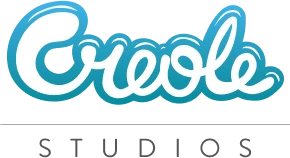

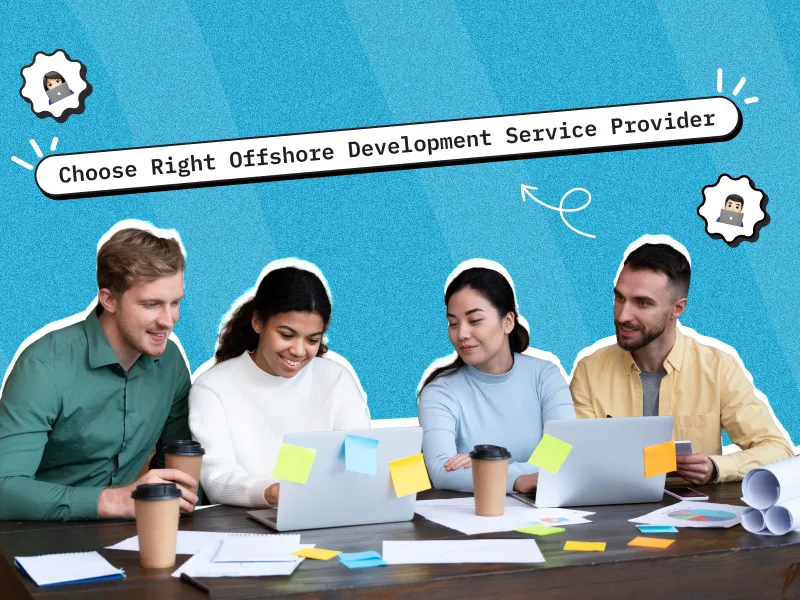



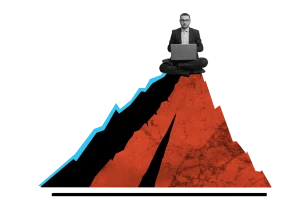




 30 mins free Consulting
30 mins free Consulting 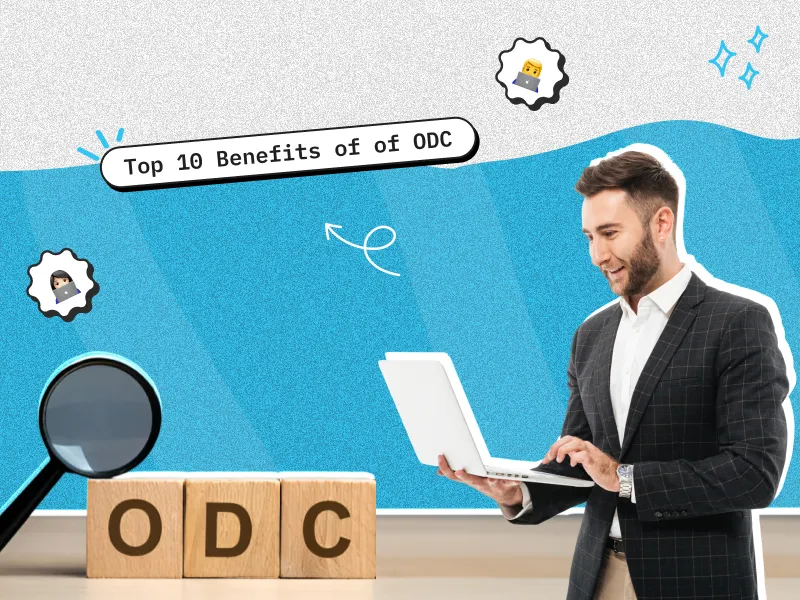
 10 min read
10 min read 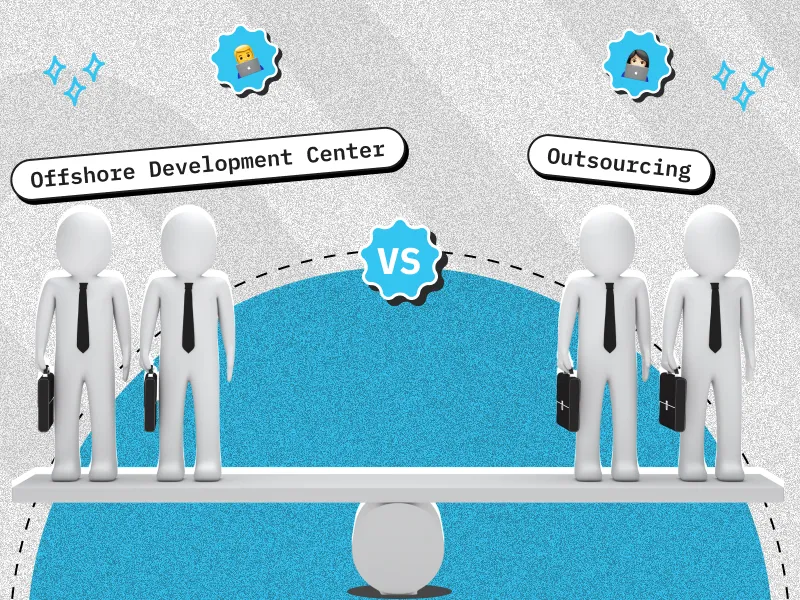
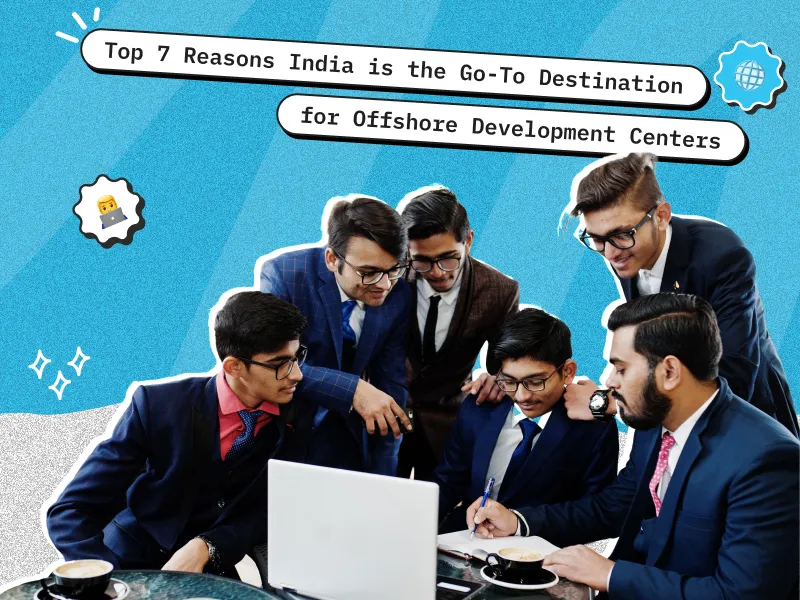






 Love we get from the world
Love we get from the world 